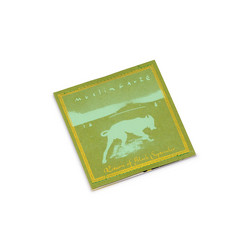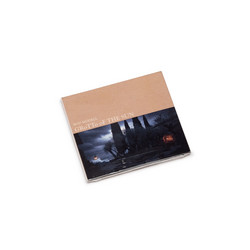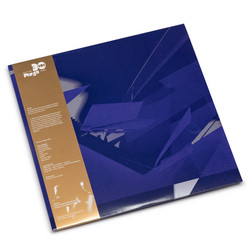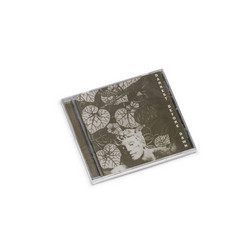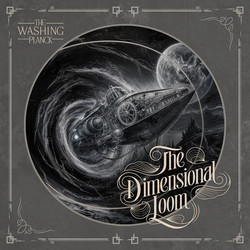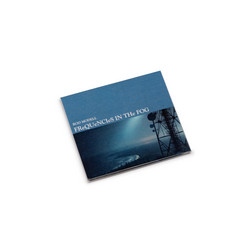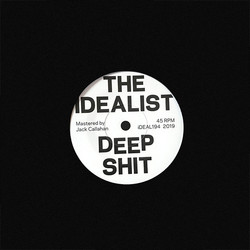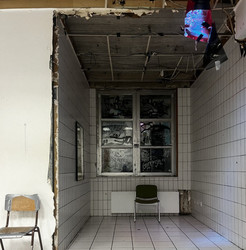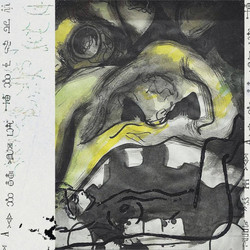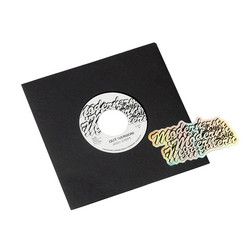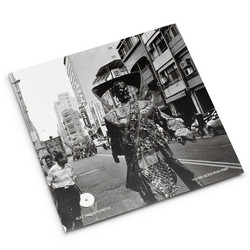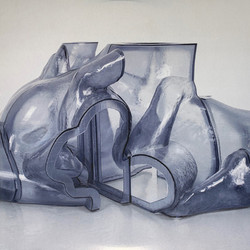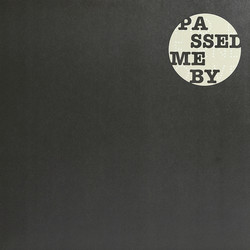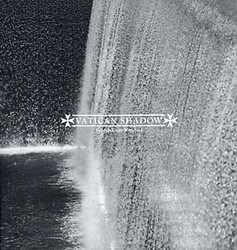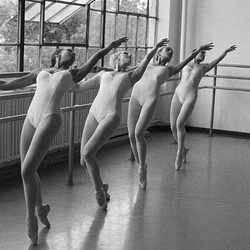There's a bridge in Monterrey called El Puente del papa, and beneath it, on the dried-up Santa Catarina riverbed, something happened in the 1990s that nobody planned. Gabriel Dueñez was playing cumbia one night when his turntable's motor overheated and slowed everything down - voices became ghosts, accordion drones stretched into infinity, drums turned to liquid. The crowd kept dancing. Cumbia rebajada was born from a technical failure that revealed something true about memory, about displacement, about how sound carries culture across borders and through time.
Delia Beatriz, who records as Debit, grew up in Monterrey surrounded by these sounds - cumbia echoing from car stereos and DIY soundsystems, the music of Colombian immigrants who'd found their way to Colonia Independencia in waves from the 1950s through the 1970s, bringing their records from Mexico City, Houston, Miami. The sound became something else in Monterrey, something specific to that place and that moment. And when Dueñez's tapes started circulating through the flea market, they became legendary - a Mexican mirror to what DJ Screw was doing across the border in Houston, both artists independently discovering that slowing things down could unlock entirely new emotional territories.
Desaceleradas takes Sonido Dueñez's first two tapes as its starting point, but this isn't nostalgia or simple homage. Beatriz is entering into a dialogue with time itself, with how memory works, with how communities preserve themselves through sound. Her previous album The Long Count excavated pre-Columbian history buried under colonization. This one jumps forward, examining a more recent past - the cumbia rebajada scene that soundtracked her childhood before she emigrated to the USA.
The music moves like memory moves - warped, beautiful, sometimes unclear but always emotionally precise. It's chopped and screwed in the tradition of DJ Screw, but filtered through cumbia's specific relationship to migration and cultural survival. There's something about slowed-down music that makes you pay attention differently, that demands a different kind of listening. In an era when AI systems scrape and blend culture into decontextualized slop, Desaceleradas proposes something slower, more careful, more human. It's an archive with a pulse.
Mastered by Rashad Becker, limited to 500 copies on Modern Love - Beatriz's second album for the label. For those who understand that the most radical music often comes from looking backward in order to move forward, from communities creating their own sonic languages out of necessity and circumstance. If you're drawn to how The Caretaker works with memory and decay, or how DJ Screw transformed hip-hop by simply slowing it down, this record speaks that language while saying something entirely its own.









